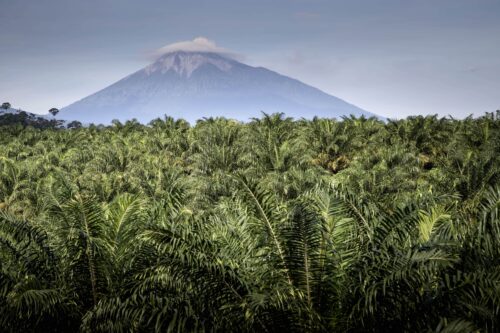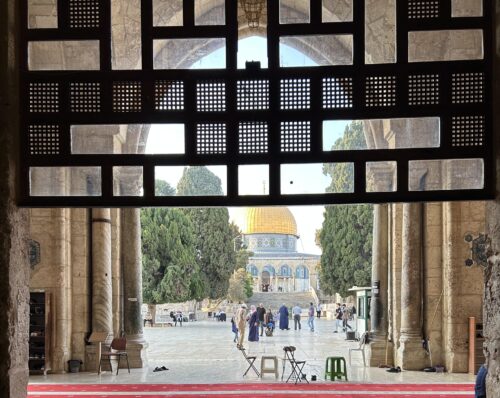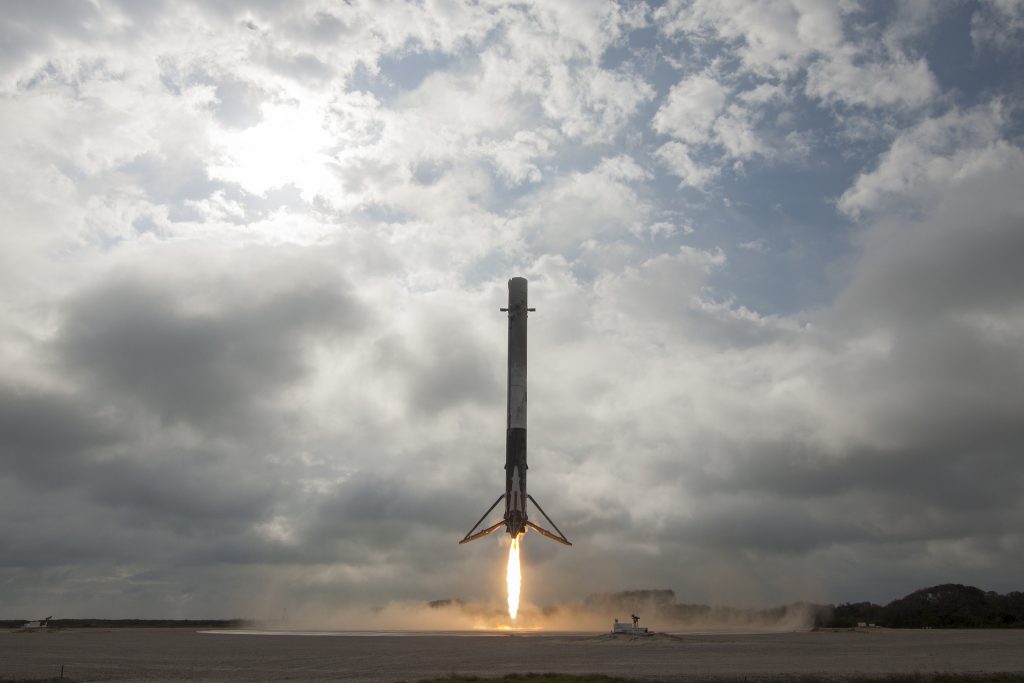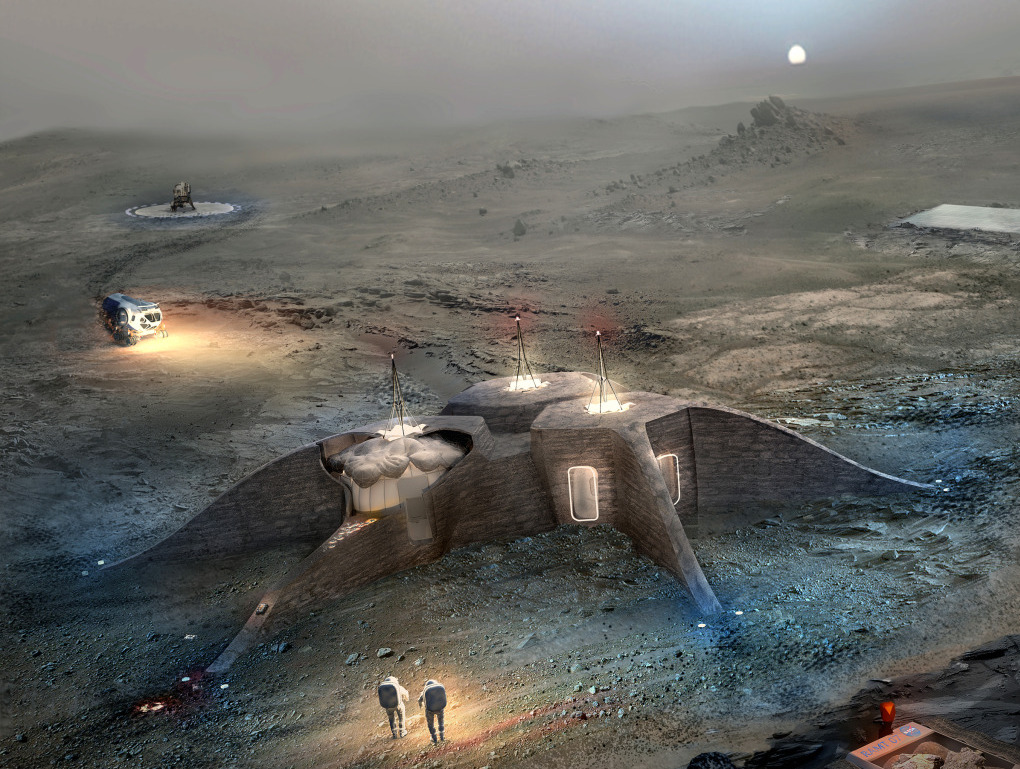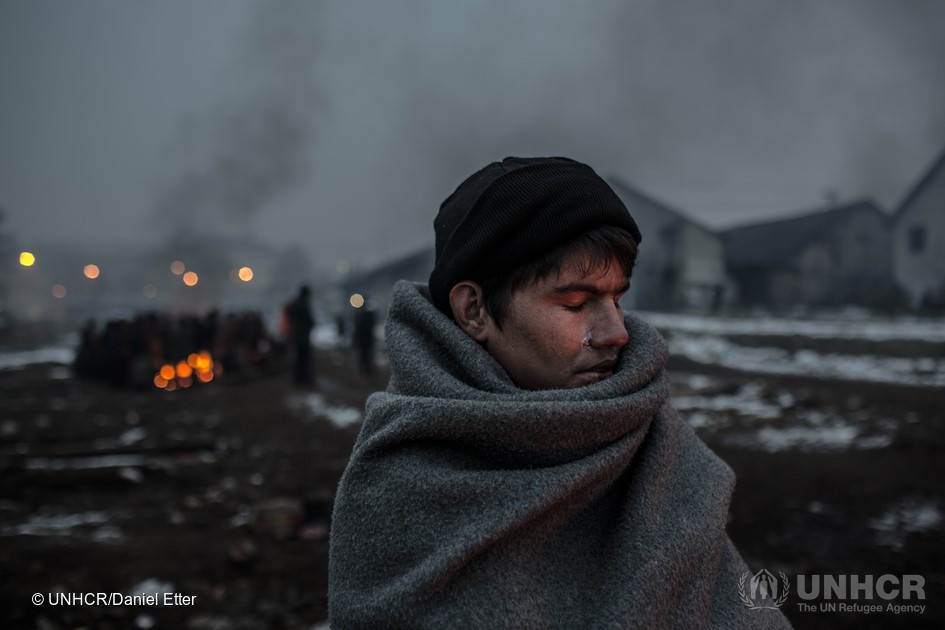The Key to Survival, In Space
It takes more than rockets to go into space.
Becoming a multiplanetary species and not just visiting but living in space, on the moon, and building settlements on Mars will mean facing constant danger. In our solar system, every place beyond the protective atmosphere of Earth is a deadly environment for human life. In space, there is no air we can breathe, no food we can eat, no safe shelter.
In space and on planets like Mars, our environment must be thought of as precious. Upsetting the delicate balance of our space habitat by polluting the air or water would threaten not only those who pollute but everyone else as well. To survive, we will need to protect our habitats from people who refuse to make habitability a priority.
As we build new societies in space, cultural difference and all forms of diversity will also be precious assets, the results of millions of years of evolution and thousands of years of experience and history. Our different languages, traditions, religions, and philosophies will be like a space-settlement Rosetta Stone, unlocking unique solutions to each new problem we encounter. In space, diverse perspectives and approaches will ensure survival.
As we raise a new generation of people in space, and on Mars, they will need ancestral wisdom and traditional knowledge along with science, arts, and humanities education to survive and ensure the continuation of our species. They will need to live in a society that gives them health care, a society that invests in science and uses evidence-based decision-making for policy.
To make it in space we will need to cooperate and pledge to help one another. The survival of a stranger will mean the survival of the species. Our fellow space dwellers, whether on the moon or Mars, will live with the constant threat of emergencies and disasters. They may need to evacuate unsuitable spacecraft or homes and may find themselves suddenly without power, food, water, or communications. We must be ready to take in anyone who needs our help as if they were our own family. Success in space for humanity will require a code of conduct that says any stranger in need is always welcome, and that we will always help them.
The United Nations reports that there are now more refugees than at any time in human history since WWII, and that “one in every 122 humans is now either a refugee, internally displaced, or seeking asylum.” This humanitarian crisis, the environmental crisis of climate change, ongoing wars, inequality, and injustice are all tests of our ability and will to build a future for the planet and all the species who share it. How we respond to these challenges today will demonstrate whether we are prepared to go back to the moon, onward to Mars, and beyond.
As bigotry, xenophobia, Islamophobia, and fear continue to shape policy and debates, I am reminded of Star Trek creator Gene Roddenberry, who warned: “If we cannot learn to actually enjoy those small differences, take a positive delight in those small differences between our own kind, here on this planet, then we do not deserve to go out into space and meet the diversity that is almost certainly out there.”
A society that refuses to protect our habitat, rejects the diversity that makes us most innovative and adaptable, and fears innocent people fleeing for their lives is not a society ready or able to move into space. Even with reusable rockets.






















